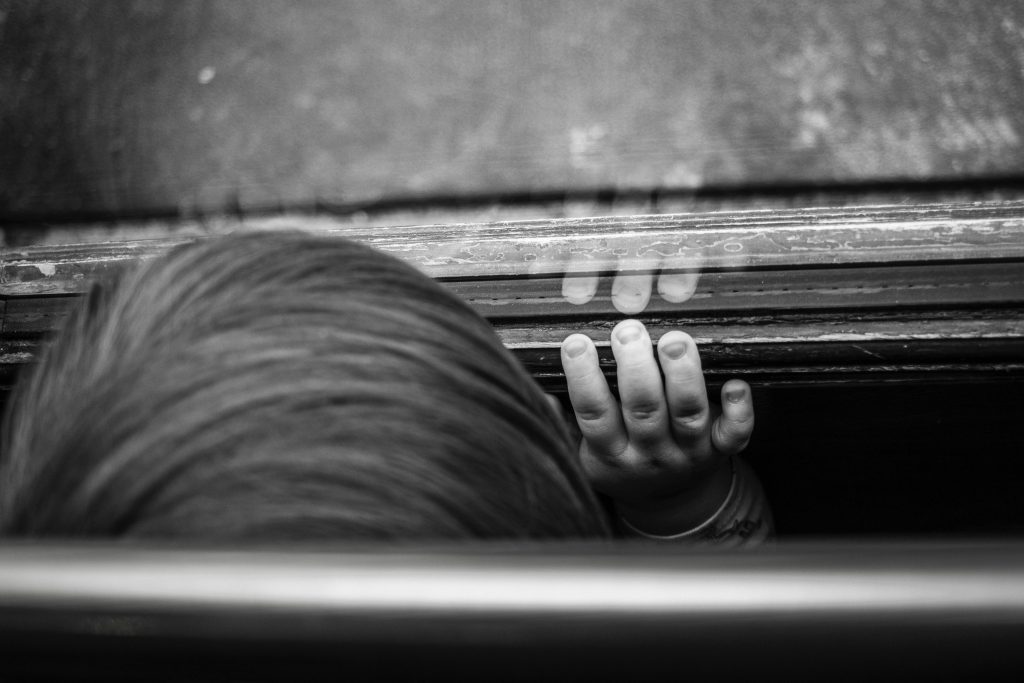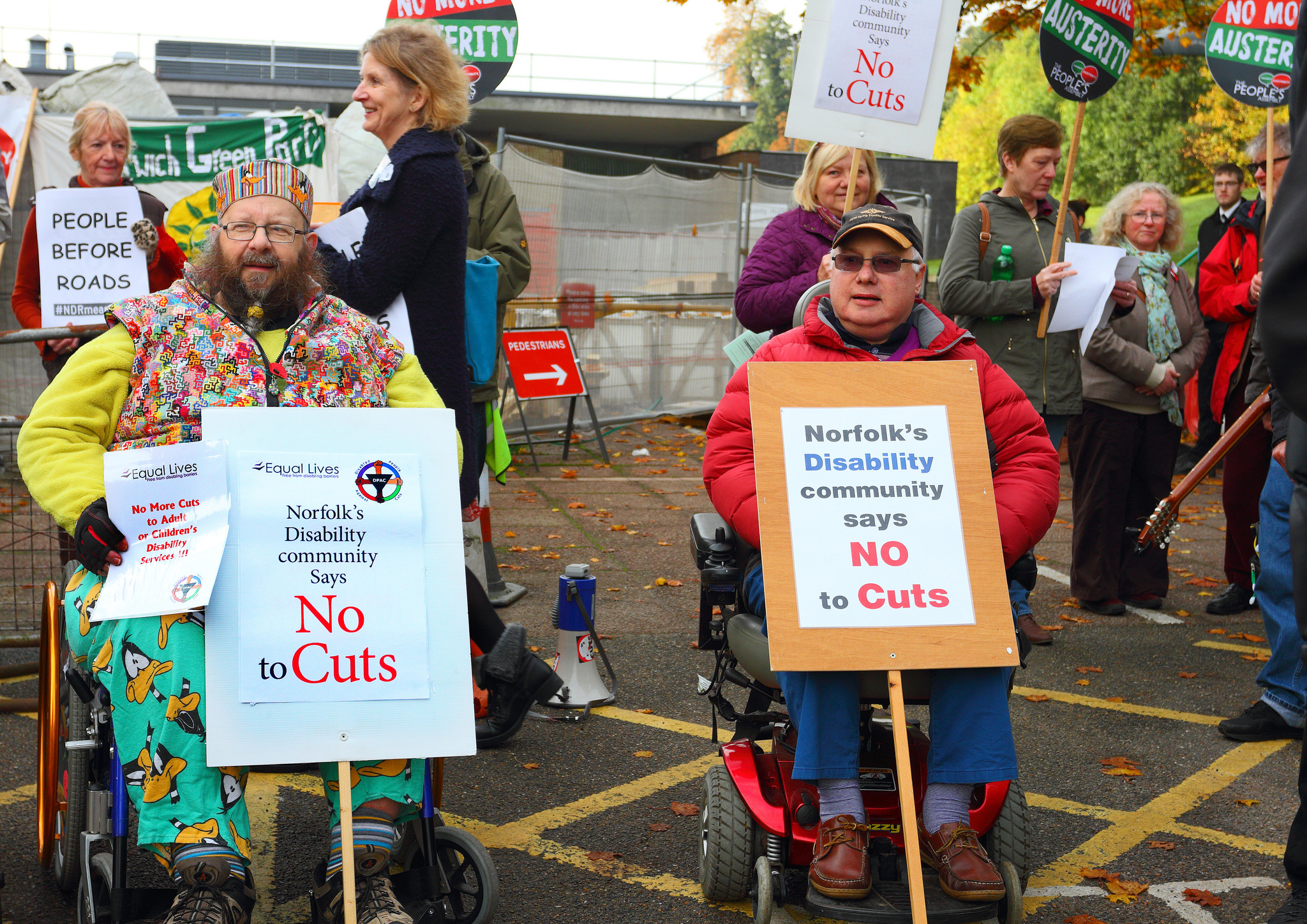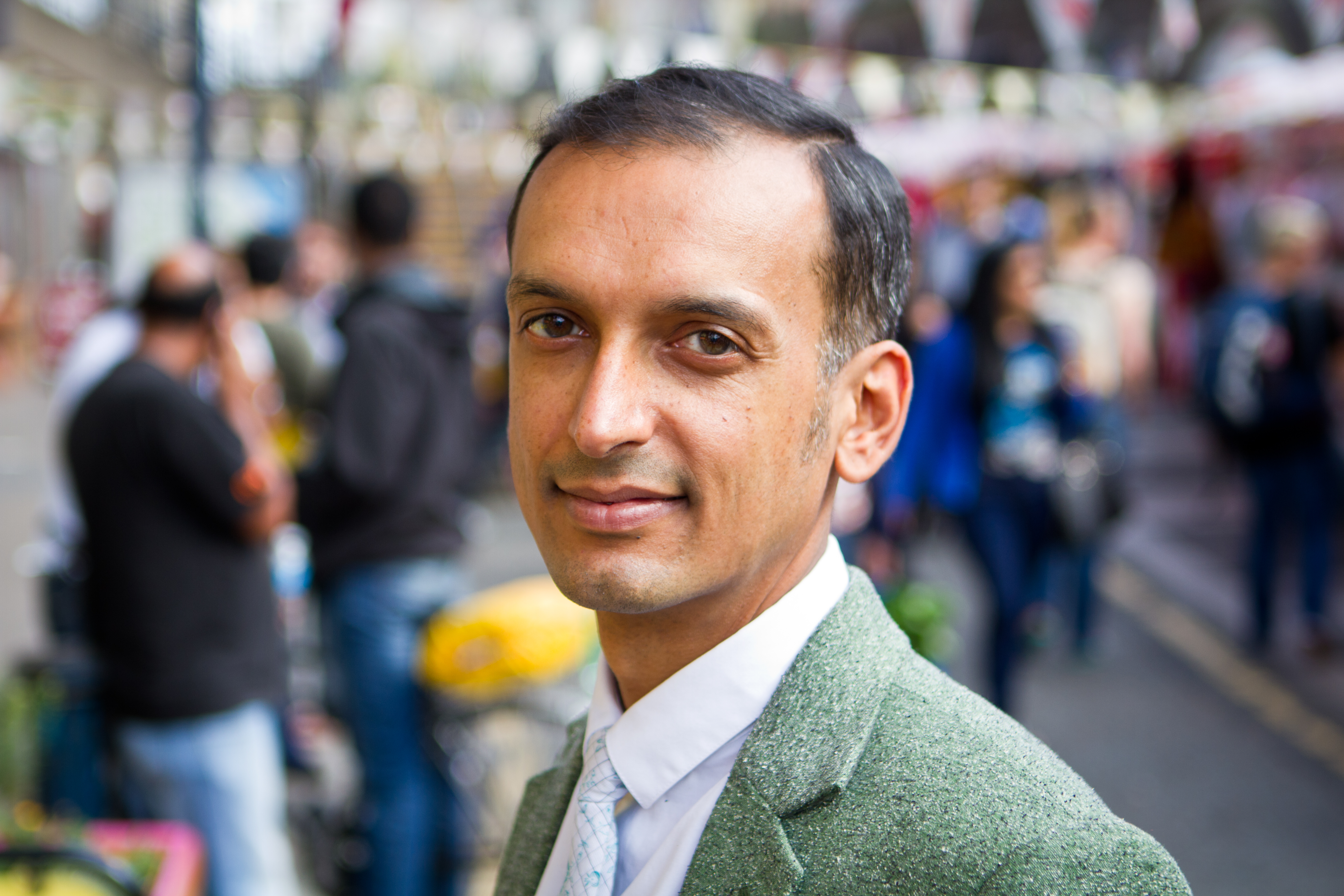Britain’s most vulnerable groups are at risk of being ‘trapped in disadvantage’ for a generation unless action is taken according to the UK’s equality and human rights watchdog.
The Equality and Human Rights Commission’s report, Is Britain Fairer? highlights that some of Britain’s most at risk groups, including ethnic minorities, disabled people and children living in poverty are in danger of being forgotten and ‘trapped in disadvantage’.
The report highlights disturbing examples of inequality, with one in three children living in poverty, while disabled people are twice as likely to be unemployed. Black African, Bangladeshi and Pakistani communities are still the most likely to live in poverty and, along with black Caribbean people, are more likely to experience severe deprivation.
The EHRC publishes Is Britain Fairer?, its comprehensive study on the state and progress of equality and human rights in Great Britain, every three years. The study covers six areas education, health, living standards, justice and personal security, work, and participation in politics, public and community life.
Vulnerable Groups Could Be Left Behind for ‘Generations to Come’
 Credit: Maria Elena Zuniga Unsplash
Credit: Maria Elena Zuniga Unsplash
The report highlights that unless steps are taken to address inequality, there is a risk of creating a ‘two-speed Britain’ where vulnerable groups are left behind and this could be ‘entrenched for generations to come.
EHRC Chair, David Isaac, notes that despite progress in some areas in the efforts to make Britain a more equal society there are serious challenges ahead.
He said: “Britain is facing a defining moment in the pursuit of equality. We’ve seen some significant areas of progress, particularly in the improvement of opportunities in education and at work, as well as the fact that more people are now engaging in politics.”
unless we take action, it will be at least a generation before we put things right
David Isaac, EHRC Chair
“However, in an already divided nation, some unacceptable gaps continue to grow. Across many areas in life, the losers struggle to make headway in a society where significant barriers still remain. They are the forgotten and the left behind and unless we take action, it will be at least a generation before we put things right.”
Key Areas for Action
Commenting on @EHRC's Is Britain Fairer? report, DR UK's @SueBottCBE says, in almost every aspect of life, the chances for disabled people are getting worse. Urgent that Govt acts to restore opportunities for disabled people to be equal citizens. https://t.co/TGwfyT3HAi pic.twitter.com/nB65ykbRmb
— Disability Rights UK (@DisRightsUK) October 25, 2018
The report has found that the UK’s 15 million disabled people are excluded from mainstream society, and face a significant disability pay gap and a greater likelihood of living in poverty, as well poorer health outcomes. The EHRC has also noted a significant jump in disability hate crime.
in almost every aspect of life, the chances for disabled people are getting worse
Sue Bott, Disability Rights UK
Sue Bott from Disability Rights UK said: “The EHRC’s comprehensive report demonstrates what we are hearing daily; that in almost every aspect of life, the chances for disabled people are getting worse. It is now urgent that the Government looks at the cumulative impact of their policies and acts to restore the opportunities for disabled people to be equal.”
The EHRC has also urged action to bridge the disadvantage gap that ethnic groups face with Black African, Bangladeshi and Pakistani groups the most likely to live in poverty and along with Black Caribbean people are more likely to experience significant inequalities.
One in three children in Britain and half of children from some ethnic minorities are now living in poverty
Is Britain Fairer?
Infant mortality has risen for the first time since the 1990s and child poverty rates now stand at 33% – with “One in three children in Britain and half of children from some ethnic minorities are now living in poverty”.
The EHRC also notes that women face barriers to progression in the work place, with bully and sexual harassment ‘widespread’ in the workplace and education, while three-quarters of new mothers reporting negative or potentially discriminatory experience when they return to work.
It also notes that cuts to Legal Aid means that individuals are unable to seek redress when their rights have been breached.
Today’s report is the last EHRC before the UK leaves the EU, with the next Is Britain Fairer? study scheduled for 2021.







